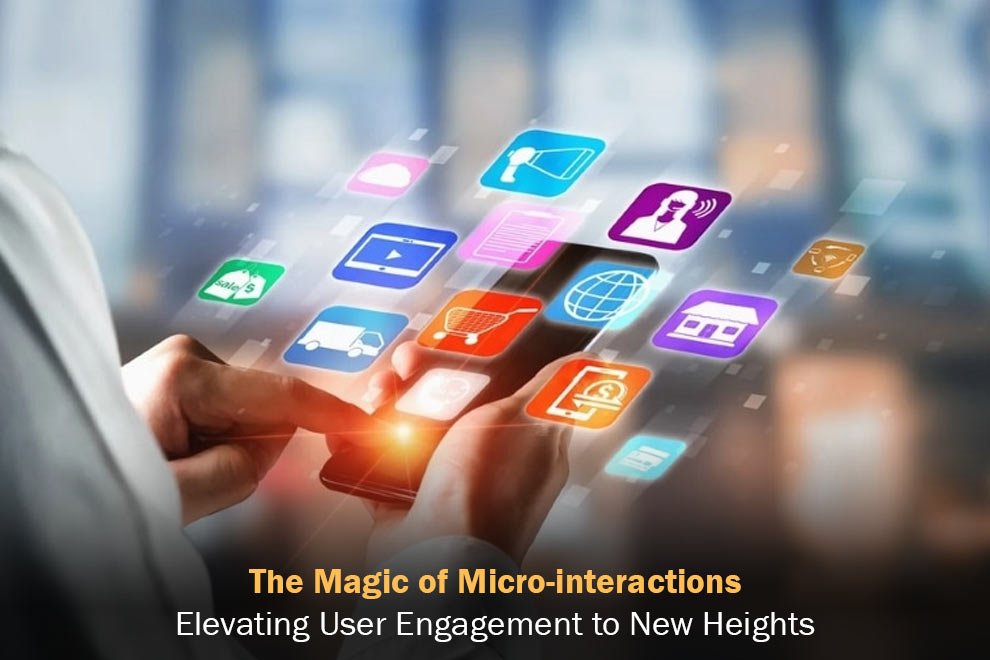The integration of digital technologies into education has enabled major transformations in teaching and learning over the past few decades. As digital devices, software, and internet connectivity have become more accessible, educators have seized opportunities to evolve conventional classroom practices. Digital transformation in education has opened up advanced learning pathways that were not previously possible.
In this article, we’re going to take a look at how education has been improved by digital transformation. From new types of learning spaces to online assessments, a lot has changed over the past 20 years.
Redefining Learning Spaces
A key shift facilitated by educational digital transformation is the ability to move learning beyond physical classrooms. With reliable access to devices and the internet, students can now engage with educational content, instructors, and peers in virtual environments. Online learning platforms enable remote participation through features like video conferencing, chat functions, and collaborative workspaces. This provides more flexibility for when and where learning takes place.
Educators have also transformed physical learning spaces through technology integration. Interactive digital displays and projection systems replace traditional chalkboards. Classrooms are designed with charging stations and wireless connectivity to support students using their own devices. Adaptable furnishings and layouts allow reconfiguration to suit varied learning activities. The ability to collapse the walls of the classroom space promotes more interactive, student-centred learning.
Augmented and virtual reality technologies are being adopted to further redefine educational spaces. Augmented reality overlays digital information onto the physical environment, bringing new dimensions right into the classroom. Virtual reality creates immersive simulated environments where students can engage with experiential learning scenarios. These technologies enable learning experiences that would otherwise not be possible or practical in physical spaces alone.
Personalised Learning Journeys
Digital education empowers students to have greater control over their learning pathways. Adaptive learning technologies build profiles of each student to deliver personalised content sequences, practice, and assessments based on their progress and interaction. This provides targeted support and challenges for individuals rather than one-size-fits-all instruction.
As learners take more active roles, educators shift towards guiding and facilitating personal learning journeys. Digital portfolios allow students to curate and reflect on their work to identify strengths and areas for improvement. Tracking learning analytics helps educators provide the right support for each student when they need it. Overall, digital education promotes student agency and enables learning that is better tailored to individual capabilities and interests.
Digital badges are being used to recognise skills, achievements, and milestones along personalised learning pathways. These digital credentials can display a more nuanced picture of learners’ strengths than grades alone. Students earn badges through completing tasks and demonstrating competencies. The collection of badges they accumulate over time provides a comprehensive record of their diverse abilities.
Access To Global Resources
The abundance of high-quality digital learning resources has enriched education. Students can access expansive libraries of multimedia content curated by leading educators worldwide through online learning platforms. These resources include instructional videos, simulations, digital textbooks, open courseware, and more.
Learners can also connect beyond the classroom with a diversity of global perspectives. They can participate in online courses led by international experts, collaborate with peers worldwide on projects, and engage in virtual exchanges. Digital access to global resources and connections expands what is available to enhance traditional curriculum offerings.
Educators are also able to amplify their expertise and share best practices through global professional learning networks. Participating in online communities of practice connects teachers and school leaders for collaboration, idea exchange, and accelerated professional growth. Digital global connectivity fosters better teaching and leadership practices that ultimately benefit student learning experiences.
Developing Future-Ready Skills
Digital transformation in education also equips students with vital skills for success in the 21st century workforce. Integrating technology effectively builds digital literacy, as students utilise tools and platforms that will continue to shape their professional futures. Online learning requires self-direction, time management, and discipline in using digital spaces productively, cultivating essential real-world skills.
More collaborative project-based learning develops teamwork and interpersonal skills. Creating with digital media tools like photo, video, and sound editing software promotes creativity and communication abilities. Working with data helps build critical numeracy skills. Across all subject areas, digital education provides opportunities to develop transferable competencies essential for the jobs of the future, which virtually all demand some degree of digital fluency.
As automation, artificial intelligence, and machine learning transform the workplace, uniquely human skills become more important. Digital education also develops social and emotional intelligence for students to thrive in evolving roles. Communication, empathy, adaptability, problem solving and other human-centred soft skills are nurtured through appropriately designed digital learning experiences.
Preparing students for lifelong careers in a digital world requires a comprehensive framework of future-ready skills. Digital citizenship skills are needed to positively and ethically participate in online communities. Data literacy empowers students to effectively collect, analyse, protect and use digital data. Computational thinking develops the problem-solving process to tackle challenges. Instruction across all these areas equips students for long-term success.
Rethinking Assessment
In addition to transforming teaching and learning, digital technologies are enabling new models of assessing student progress. Traditional paper-based tests are being supplemented or replaced by digital assessment methods.
Online assessments allow immediate feedback to students and educators based on real-time scoring and analysis. Multimedia content and interactivity can be built into online tests to enable more authentic assessment of skills. Adaptive testing calibrates questions based on individual ability to hone in on the most accurate measure of attainment.
E-portfolios and digital badges also showcase student skills beyond what formal testing covers. These digital credentials display a multivariate picture of learners’ knowledge, competencies, and growth over time. As technology transforms education, emerging modes of digital assessment provide better evaluation and recognition of diverse student outcomes.
Online Degrees and Courses
Digital education has enabled access to fully online qualifications and courses. Degree programs from associate to doctorate level are now available to pursue remotely through online learning platforms. Massive open online courses (MOOCs) make a diverse range of individual university-level courses available globally for free or low cost.
Online degrees expand access to education, allowing students to advance their qualifications without geographic constraints. They provide scheduling flexibility, enabling students to balance continued learning with work and family commitments. Online degrees and courses are more scalable, helping educational institutions meet rising enrollment demand.
With prudent course design, online programs can provide quality at par with traditional in-person instruction. Interactive multimedia content keeps students engaged through an intuitive digital experience. Online discussions and peer collaboration promote dynamic learning communities. Progress analytics inform course refinement and personalised support.
Selecting an online degree program from a reputable institution is important to ensure credibility. In the UK, online MBA programmes from St Mary’s University offer respected business management qualifications through flexible remote study. Quality assurance underpins the design of online degrees and courses to uphold rigorous standards.
Done well, online degrees and courses widen access and enhance learning. They represent a paradigm shift in educational delivery unlocked by digital capabilities. Online programs will continue expanding at scale to meet accelerating demand for flexible, accessible learning pathways.
The integration of technology in education has unlocked pedagogical possibilities that allow for more advanced, connected, engaging, and empowering learning. Continued adoption of emerging technologies like artificial intelligence, extended reality and the Internet of Things will catalyse new waves of transformation. But digital advancement alone is insufficient; true innovation comes from matching technology capabilities with clear learning objectives and implementing them creatively.
As digital transformation in education continues accelerating, maintaining this focus on learners will ensure technology unlocks positive evolution for teaching and learning.
Also Read: Jenzabar Fuels Higher Education Industry’s Digital Transformation to the Cloud










